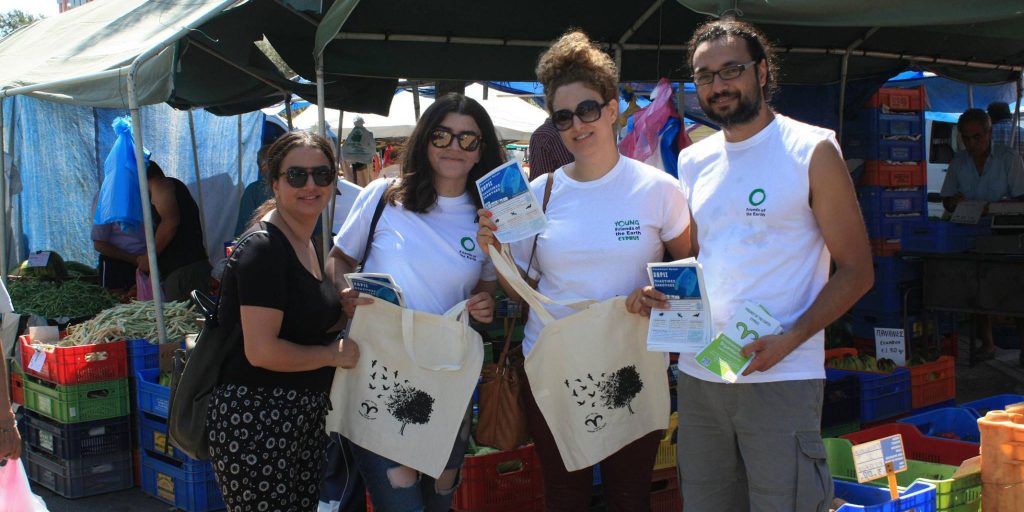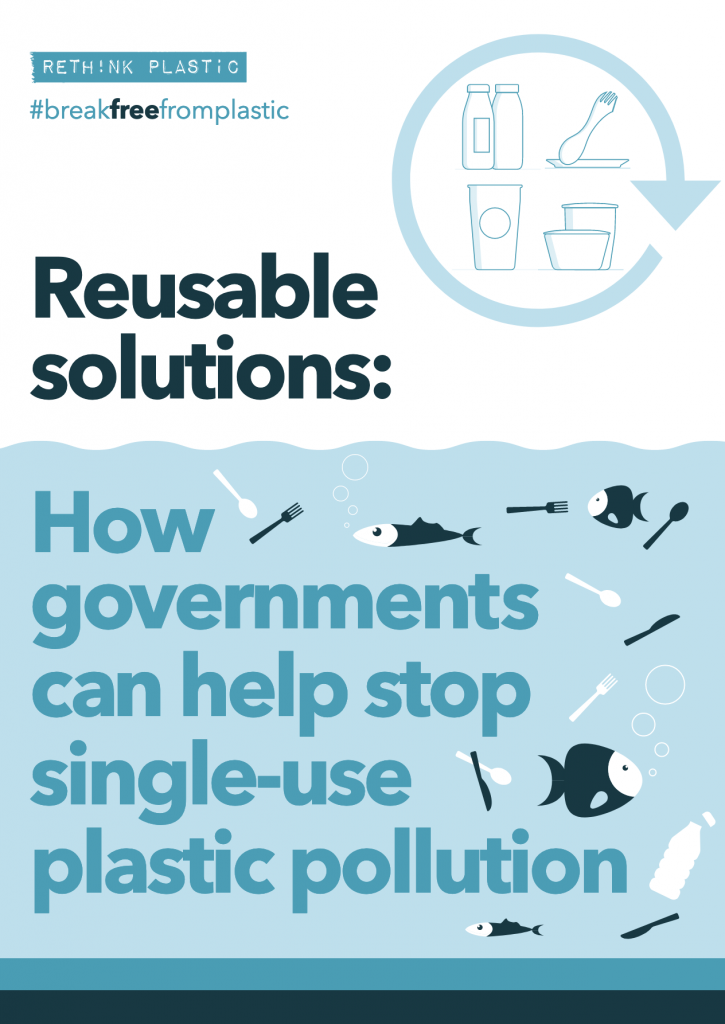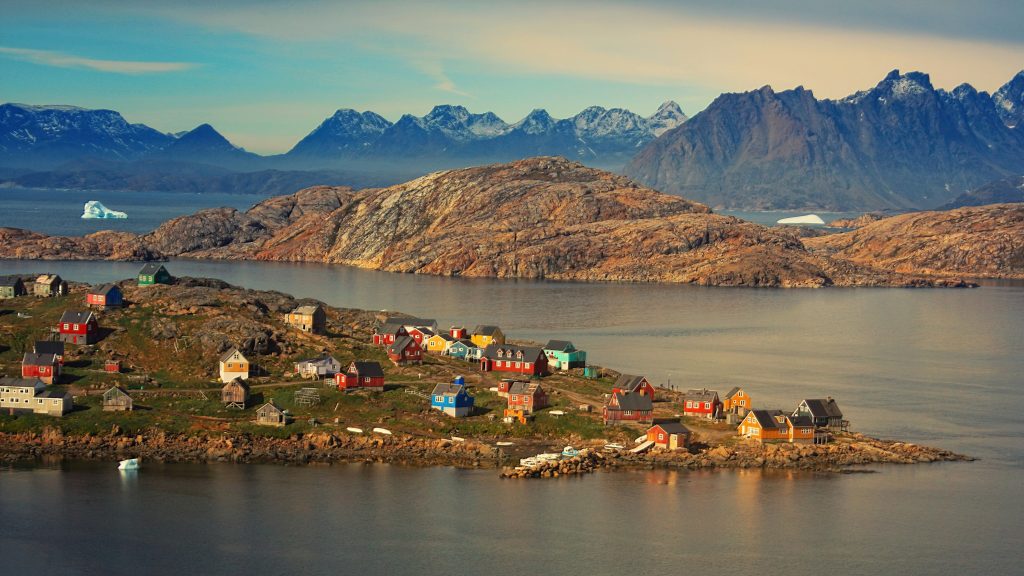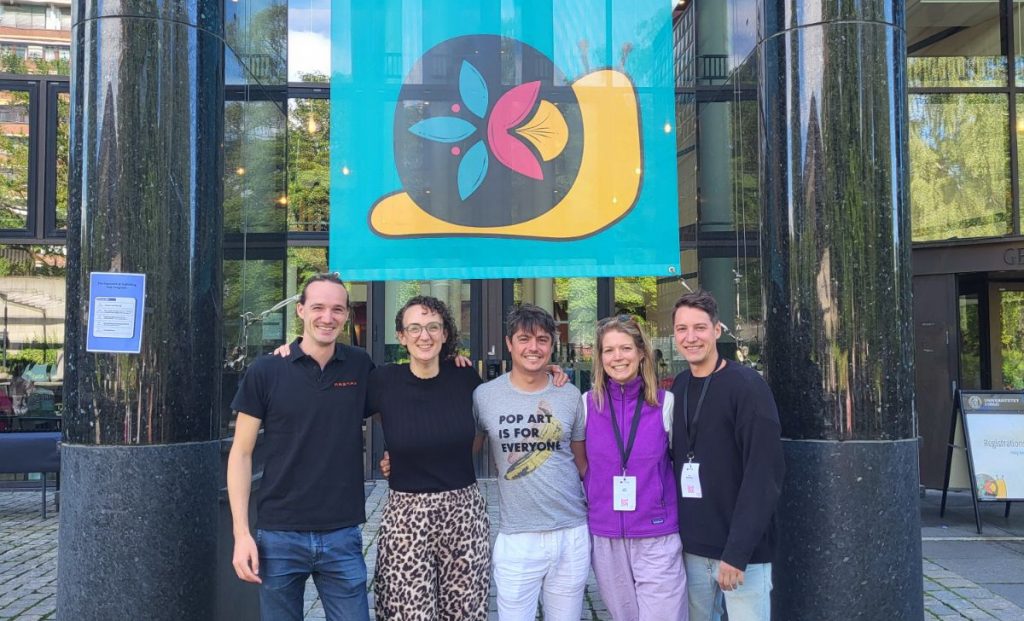In 2018 China shook the global plastic recycling system by banning imports of plastic waste. Since then our plastic production, consumption and waste systems have faced various crises, but also opportunities. A UN meeting on waste trade provides an opportunity to tighten up regulations and hopefully encourage rich countries to reduce plastic consumption and deal with their own plastic waste rather than dumping it on the Global South.
Global trade in plastic waste is big business. From 1988 to 2016 the top ten plastic waste exporters (including the US, Japan and the UK) exported 168 million tonnes, most of it to China. The murky reality is that much of the plastic that citizens throw into recycling bins, is low-grade, dirty and mixed plastics which are being dumped in countries in the Global South, where they are usually recycled unsafely and to low standards – and often simply incinerated, landfilled or leaked into the environment. This is driven by brutal, short-termist economics: exporting is often cheaper than reducing, sorting, cleaning, recycling or reusing it locally. And Europe is a key player.
The human and environmental toll of plastic waste imports on China was exposed in the viral documentary in 2016, “Plastic China,” a heart-wrenching story of an 11-year-old girl living and working in a workshop for imported scrap plastic, creating toxic air and polluted waterways in China’s countryside. The practice of plastic burning poses a serious health threat such as reproductive and developmental problems, hormonal disorders, and cancers.
In 2017 China, fed up with being the Global North’s dumping ground, notified the World Trade Organisation that it intended to ban imports of plastic waste. The ban came into force in March 2018, setting off a chain reaction in the global plastic waste system. Numerous countries in the Global North, have been unable to cope since, resulting in dramatic price increases for exporting, and more plastic being incinerated, sent to landfill or stockpiled.
If export rates continue as they are, the new Chinese policy will displace an estimated 111 million metric tons of plastic waste by 2030. But where is this all going to go? Currently it is flooding South East Asia. Indonesia, Malaysia, Vietnam, India, Taiwan and Thailand are facing rapid increases in plastic waste imports, resulting in polluted waterways, fires and illegal dumping.
“Malaysia is not able to process all of the imported waste, there are limited fully compliant plastic waste factories. We are not a dumping ground and hence should stop importing plastic waste,”
Mageswari Sangaralingam, Friends of the Earth, Malaysia
An international breakthrough on trade of plastic waste?
From 28 April to 10 May 2019, more than 180 countries will discuss the regulations governing waste trade and management at a United Nations meeting. The meeting aims to modify The Basel Convention on Transboundary Movement of Hazardous Waste and their Disposal, which was adopted in 1989 “in response to a public outcry following the discovery in Africa and other parts of the Global South over deposits of toxic wastes imported from abroad.” Norway has proposed a small but vital modification to the treaty: to “explicitly include plastic waste in the scope of the Basel Convention”, which would help to prevent mismanagement of plastic waste. One crucial outcome would be that exporters of plastic waste would need prior informed consent from recipient countries.
This small change in increasing transparency would be a big step forward in regulating plastics waste trade. It would also stop most countries from accepting scrap plastic from countries that are not party to the Basel Convention regardless of consent, notably the US. Jim Puckett from the Basel Action Network explained that “This will mean the US cannot export such wastes to any Asian countries other than South Korea and Japan.”
Many governments are already supporting this common sense change. Currently the only voices against Norway’s amendment are the big waste industry groups like the European Federation of Waste Management and Environmental Services.
Taking a long-term view: the only viable solution is to reduce our plastic footprint
Beyond important national and regional level actions on banning or reducing imports of plastic waste, actions which Malaysia, Thailand and India have taken this year, measures that focus on reducing the overall global production and consumption of plastics, and redesigning plastics for reuse and quality, toxic-free recycling are key.
This was perhaps an unintended but critical outcome of China’s policy to stop importing plastic: a greater understanding of the fact that recycling is not a solution to plastic pollution. Given the massive plastic waste trade problem, plus the fact that only nine percent of plastics ever produced have been recycled, it is clear we need to tackle the problem at source by reducing production and holding the corporations who profit from this waste trade accountable.
For example, the EU recently adopted new laws reducing single-use plastics including bans to several items and making manufacturers pay for waste management and clean ups, and an Australian government parliamentary inquiry produced a much strengthened national waste plan entitled Never Waste a Crisis.
“It’s time for the Global North to get real. We cannot keep externalizing the costs and impacts of our overconsumption and waste problem to the Global South. We need to kick our plastic export habit, and tackle our plastics overconsumption.”
Meadhbh Bolger, Friends of the Earth Europe
The global trade in plastic is symptomatic of the issues with our current corporate trading system. Will it be regulated to protect people – particularly those in the Global South – and the environment, or will rich countries remain ‘free’ to dump their plastic waste elsewhere? Countries cannot be allowed to continue exporting the problem. We must all be willing to confront this issue, by overhauling how we produce and consume plastics and breaking free from our addiction to plastic.








